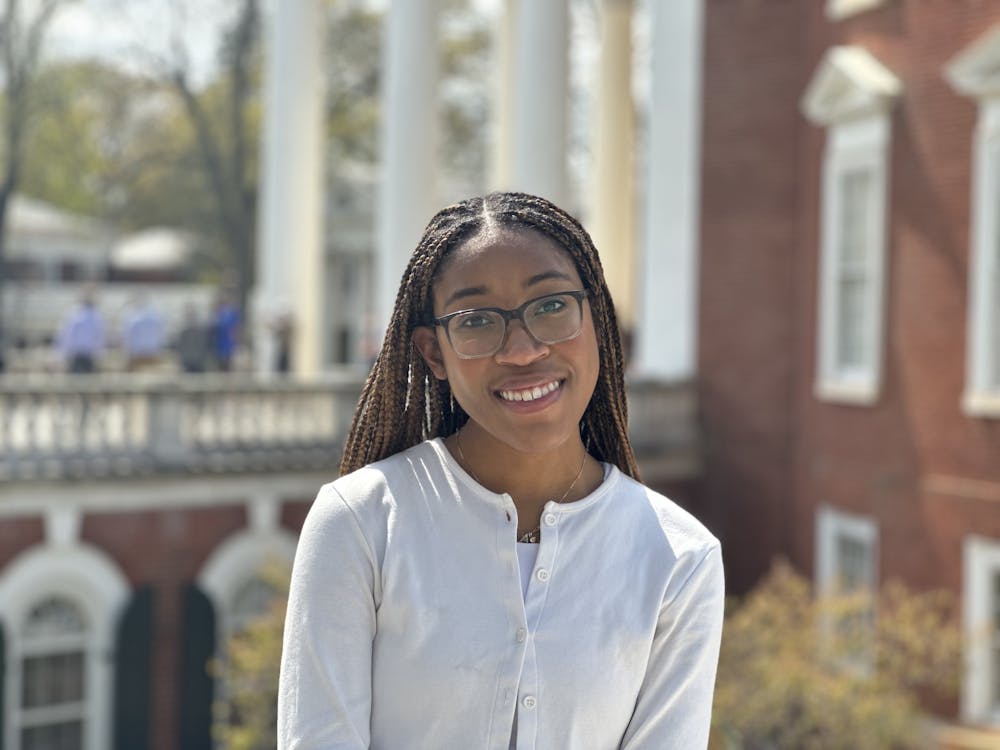President Barack Obama’s call for businesses to raise their minimum wages has already had a tangible effect on institutions of higher education. According to The Chronicle, President of Centenary College of Louisiana David Rowe decided to raise all workers’ wages to at least $10.10 per hour. Mr. Rowe determined that raising the wages of the 25 workers who were previously making less than $10.10 was a “financially responsible thing to do,” and was necessary to fulfill his responsibility to his employees.
Obama’s remarks and Centenary College’s response to them may prompt us to think about the Living Wage Campaign here at the University and the hunger strike that they led almost two years ago to lobby for higher pay for our workers. The Living Wage Campaign was not successful in their 13-day endeavor to convince University President Teresa Sullivan to promise to raise wages. The University’s argument was that its workers actually receive very high wages, considering that they are also given health insurance benefits. But this does not account for contracted workers, who could make as low as $7.25 — the federal minimum wage — and who comprise about 1,100 of the University’s 21,000 employees.
There is a disconnect between the young people who have the privilege of attending some of the most prestigious institutions in the country and the many employees who work in the same space, living from paycheck to paycheck. They serve us in our dining halls so that we can have the energy to go to class, play sports and go out at night. They clean our dorms so that we can live comfortably. But how comfortably do they live? They may not have the security of knowing they will have enough money for the rent this month. They may not have the luxury of going out at night because they have to work another job.
Yes, there are low-income students who attend the University who may share many of these concerns for themselves and for their families. Financial aid makes it possible for these students to receive an education worth thousands of dollars. About 28 percent of University students are receiving institutional grant aid and 29 percent are receiving loans. Some students have their tuition covered completely by grants, thanks to AccessUVa.
The recent decision to reduce the amount of grant aid low-income students receive through AccessUVa raises questions about where the University’s priorities lie. There are a series of questions with no easy answers. In order to increase funding for AccessUVa, would tuition have to be raised, thereby making it harder for middle income students to pay for college? Would professors’ salaries have to be decreased, thereby making it more difficult for the University to attract prominent faculty?
The same questions can be asked about increasing salaries of University employees. We as students are lucky to receive this education, which has been named by Princeton Review as the third best value in the country among public universities. But if one of the reasons for that value is the refusal to pay employees enough money to cover basic living expenses, is that value worth it?
We have said that a university’s primary mission is to educate. But education is not an isolated process that occurs in underground tunnels completely oblivious to the rest of the world. The wheels of education keep turning thanks to the employees who service us every day. Loretta A. Griffy, who led a committee that endorsed a minimum wage raise at Austin Peay State University in 2011, was quoted in The Chronicle as saying, “We wanted to say to everybody that you’re valuable to the mission of this institution.”
There will always be trade-offs when trying to make any kind of establishment economically sustainable. How University officials respond to Obama’s remarks will depend upon some serious considerations about what this institution truly values — between idealism and realism, figuring out where we fall.




